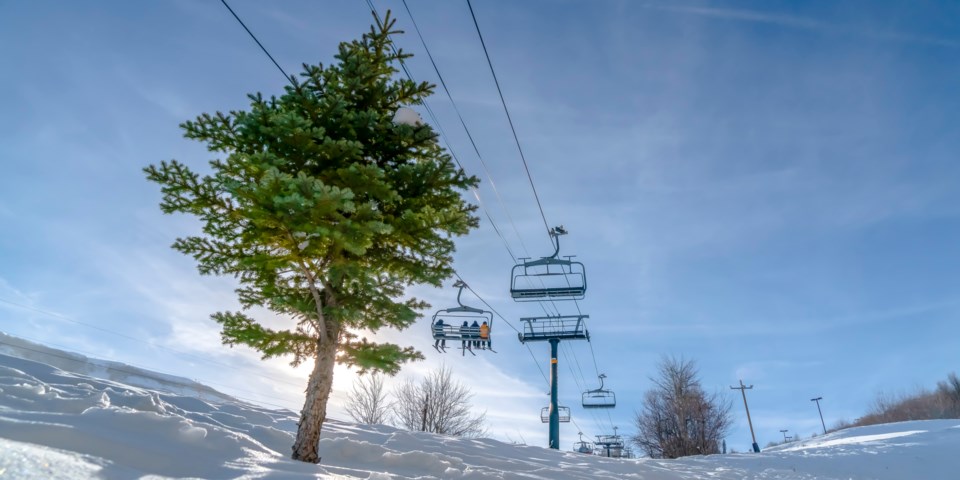Vail Resorts, a company based in Broomfield, Colorado that owns and operates more than 40 resorts in four countries, is facing a lawsuit for not informing guests of a labor strike that happened in December. The strike occurred at Park City Mountain, in Utah, a ski resort that Vail owns. Christopher Basaillon, a skier who bought lift tickets to Park City Mountain during the strike, filed the class action lawsuit against Vail Resorts for failing to disclose that only 16 percent of the terrain was open for the busy holiday week between Christmas and New Year’s Day.
The lawsuit alleges Vail was deceitful in charging $289 a day for lift tickets without informing customers that more than 80 percent of the mountain terrain was closed. According to the court filing, visitors to the ski resort waited up to three hours for a single chair lift ride. Basaillon said his family spent $15,000 for a week-long vacation and was able to complete fewer than 10 runs down the mountain.
The lawsuit says “the Ski Patrol Union had filed multiple complaints with the National Labor Relations Board as early as December 16, 2024, alleging that Vail Resorts was negotiating the labor dispute relating to wages and benefits in bad faith, engaged in coercive, promissory or
threatening acts during negotiations and changed contacts unfairly.”
The news of the lawsuit comes as Colorado resorts are facing a low snow season and Epic Pass sales are down two percent from last year. Vail Resorts still increased revenue by four percent last ski season, which is attributed to an eight percent increase in the price of the pass from the previous year. The Epic Pass, a season pass to all Vail Resorts, originated in 2008, and cost $579. The Epic Pass now costs $982, a 59-percent increase. In 2015, there were 500,000 passes sold. There have been two million passes sold every year since the 2021 to 2022 season.
Vail Resorts owns five Colorado ski resorts: Vail, Keystone, Breckenridge, Beaver Creek, and Crested Butte. Colorado ski resorts have 75 to 85 percent of the average snowpack that they usually have at this time in the ski season, which has impacted the amount of terrain that is open for skiing at some resorts. Four of Vail’s Colorado properties have more than 94 percent of their terrain open, but Crested Butte only has 70 percent open, nearly two months into the season. Loveland and Arapahoe Basin are two resorts not owned by Vail that only have 60 percent of their average snowpack this season.


